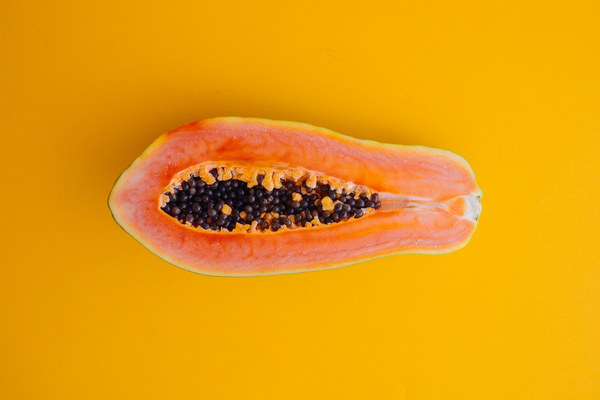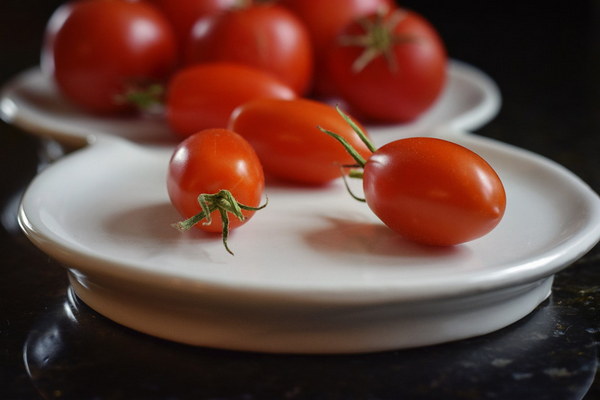Revitalize Your Midlife with Nutritional Therapies for Middle-Aged Fatigue
Introduction:
Middle-aged fatigue is a common concern for many individuals as they navigate the complexities of life's second half. The demands of work, family, and personal well-being can often lead to a state of chronic tiredness. However, adopting a strategic nutritional approach can help combat this fatigue and restore vitality. In this article, we explore various food-based therapies that can help alleviate middle-aged fatigue.
1. The Role of Nutrition in Energy Levels
Nutrition plays a crucial role in maintaining energy levels. Proper nourishment ensures that the body receives the necessary vitamins, minerals, and macronutrients to function optimally. By focusing on a balanced diet, one can effectively combat fatigue and enhance overall well-being.
2. Key Nutritional Therapies for Middle-Aged Fatigue
a. Iron-Rich Foods
Iron deficiency is a common cause of fatigue, especially among middle-aged women. Incorporating iron-rich foods such as lean red meat, poultry, fish, beans, lentils, tofu, and fortified cereals can help combat iron deficiency anemia and increase energy levels.
b. B Vitamins
B vitamins are essential for energy production and metabolism. Foods like whole grains, nuts, seeds, leafy greens, avocados, and bananas are excellent sources of B vitamins, including B12, B6, and folate. Ensuring an adequate intake of these vitamins can help alleviate fatigue and support overall energy levels.
c. Omega-3 Fatty Acids
Omega-3 fatty acids, found in fatty fish, flaxseeds, chia seeds, and walnuts, play a vital role in reducing inflammation and improving cognitive function. Including these foods in your diet can help combat fatigue and enhance mental clarity.
d. Hydration
Proper hydration is crucial for overall health and energy levels. Dehydration can lead to feelings of fatigue and impaired cognitive function. Ensure you drink plenty of water throughout the day, and consider adding herbal teas or infused water with slices of fruits and herbs for added flavor and nutrients.
3. Timeless Superfoods

Incorporating superfoods into your diet can provide a concentrated source of essential nutrients that can help combat fatigue. Some superfoods to consider include:
a. Goji Berries
Rich in antioxidants and vitamins, goji berries can boost energy levels and improve immune function.
b. Matcha Green Tea
Matcha green tea is high in L-theanine, an amino acid that promotes relaxation and enhances mental clarity without causing drowsiness.
c. Turmeric
This vibrant spice contains curcumin, a compound that has anti-inflammatory properties and can help alleviate fatigue.
4. Meal Planning and Portion Control
A well-planned meal schedule can help ensure that your body receives a consistent supply of energy throughout the day. Aim to eat balanced meals at regular intervals, avoiding large meals close to bedtime, as this can disrupt sleep patterns and contribute to fatigue.
Conclusion:
Middle-aged fatigue can be a challenging condition to overcome, but by focusing on nutritional therapies, you can take significant steps towards restoring your energy levels. Incorporating iron-rich foods, B vitamins, omega-3 fatty acids, hydration, and superfoods into your diet, along with mindful meal planning, can help you combat fatigue and revitalize your midlife. Remember, seeking guidance from a healthcare professional or a registered dietitian is crucial when making significant changes to your diet or lifestyle.









